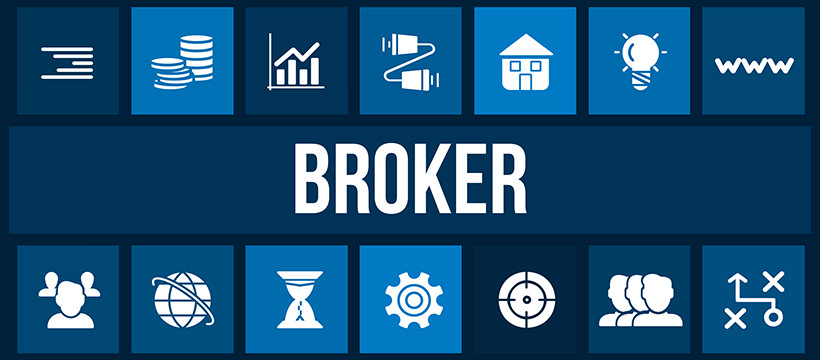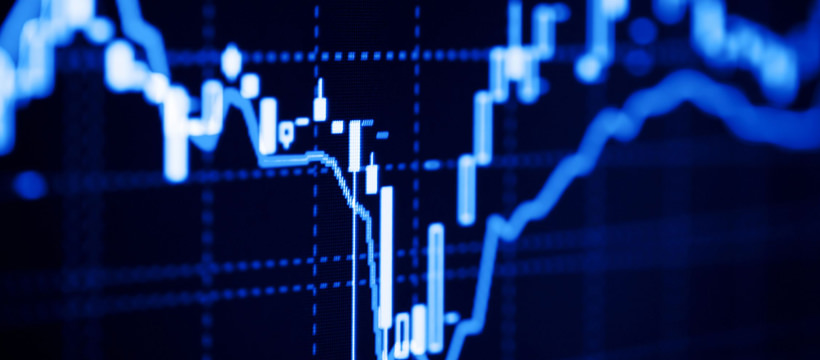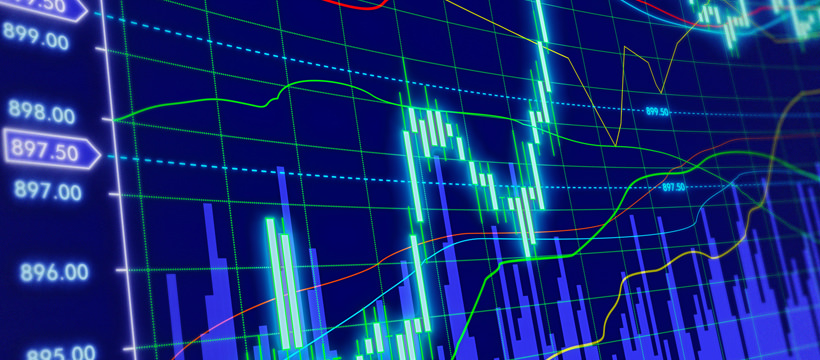Forex Brokers are an essential player in every trader's activity. They are the entities that, in fact, allow the execution of orders, acting as intermediaries between the trader and the market, or, as often happens, as market makers (always ensuring execution, acting as a counterparty when necessary).
The importance and impact that a Forex Broker has on trading activity requires careful selection. Simply put, an investor's career partially depends on the choice of broker. At this point, a question naturally arises:
how do you choose a good Forex Broker? Actually, it's easier than it seems. It's sufficient to have a clear idea of the characteristics that make a good Forex Broker and verify their presence.
Fortunately, the broker landscape is rich with entities capable of meeting the requirements we will list below. Some names are famous, known even to non-experts.
There are others, however, that while not belonging to the elite group of the three or four most popular brokers, are rapidly gaining popularity, supported by an offering that exceeds expectations in every respect. The advice is to consider them, even at the expense of the "big brands".
Regulation
A good broker is, above all,
an honest broker. The first selection, therefore, allows isolating the fraudulent companies, which are certainly on the way to extinction but still have a (obviously negative) impact on the context.
Understanding whether a broker is honest or not, and therefore has the minimum requirement to be chosen, is quite simple:
just verify the possession of a license. All brokers need a license issued by a designated authority to operate
legally.
Ideally, they should have multiple licenses, perhaps a couple issued
by internationally renowned bodies such as Cysec and the FCA, and others issued by local authorities (such as CONSOB).
An important clarification: it is good that the licenses are clearly reported on the official website, or in the information materials, along with the number. Thanks to the latter, in fact, it is possible to verify on the site of the indicated body whether the license actually exists or not.
Security
Security is also a matter of fundamental importance. A broker must not only impart a sense of security but actively implement initiatives to protect their clients' money. After all, signing up with a broker means depositing money, which will be necessary to place orders.
The question to ask is: can the broker guarantee that the capital will not be lost even in the worst-case scenario, i.e., that the broker itself fails? It is an eventuality to be taken seriously into consideration, even by the most solid companies.
Well, a sign that the broker is on top of their game is the presence of
account segregation. If the broker separates the trader's accounts from those of the company, then the former are safe regardless of what may happen to the latter.
Platform Offering
With this element, we enter the technical realm. The broker is called upon to provide a serene and efficient trading environment. This means that, first of all, it must provide the client-trader with a varied platform offering, capable of responding to multiple needs and adapting to multiple trading styles. The ideal setup includes:
- A well-known third-party platform: the trader must be able to use a tool that is congenial to them, well-known, that can make them feel at ease. An example? MetaTrader 4.
- A proprietary platform: this term refers to a platform sponsored or directly created by the broker. It is a choice that must not be missing because, while on the one hand the interface and functionalities are organized differently compared to a popular platform known by everyone, on the other hand, it offers higher execution speed.
- A mobile platform: which can be either a standalone platform or a variant of the two types just listed. The important thing is that it allows trading via smartphone and tablet without compromising functionality.
Account Offering
The rationale is the same as the platform offering. Traders represent a heterogeneous group. This heterogeneity is certainly produced by a different and personal approach to trading, but also by different financial capabilities. In short, some traders start with a high capital, others with a reduced capital.
This is where a good broker is recognized by the ability to accommodate both categories. How? Through a wide range of accounts. They should be organized
according to a scalar approach, where higher entry barriers correspond to a greater number of benefits and vice versa. Everyone, in short, must be able to trade.
Economic Policy
This is a crucial aspect and directly answers the question: "How much should a good broker cost?" The answer obviously is: "little". Provided that behind an accommodating approach there does
not correspond a low quality of services.
In any case, the elements to consider when evaluating a broker's economic policy are the following:
- Minimum deposit. This is the sum that the trader must deposit when signing up. Precisely, one of the entry barriers.
- Withdrawal methods. A good broker must fulfill withdrawal requests in the shortest possible time.
- Spread. This term refers to the difference between the market price and the price at which the broker, if a market maker, allows the operation. It should be, in ideal cases, no more than a handful of pips.
- Commissions. Present especially in non-market maker brokers (therefore ECN).
- Minimum trade. This is the lowest investment a trader can make.
Assistance and Training
It is from these two elements that we recognize the ability, and above all the willingness, of a broker to truly put themselves at the service of the client. A good broker, always with the aim of creating a serene and efficient environment, offers
a personalized assistance service, which provides the contribution of a specially dedicated professional (the classic account manager). Above all, it must offer
valid training content, well-organized, perhaps according to a principle of modularity, suitable for both beginners and more or less experienced traders.




